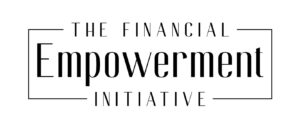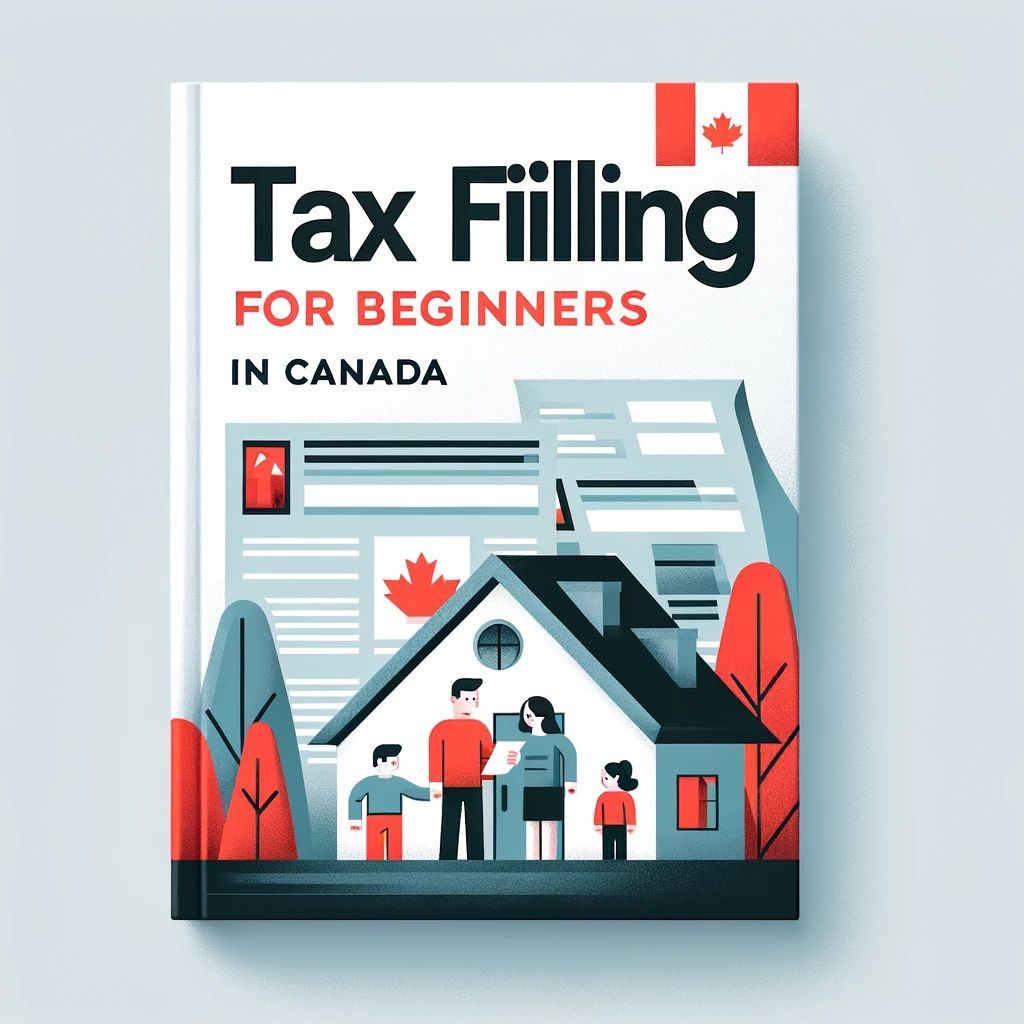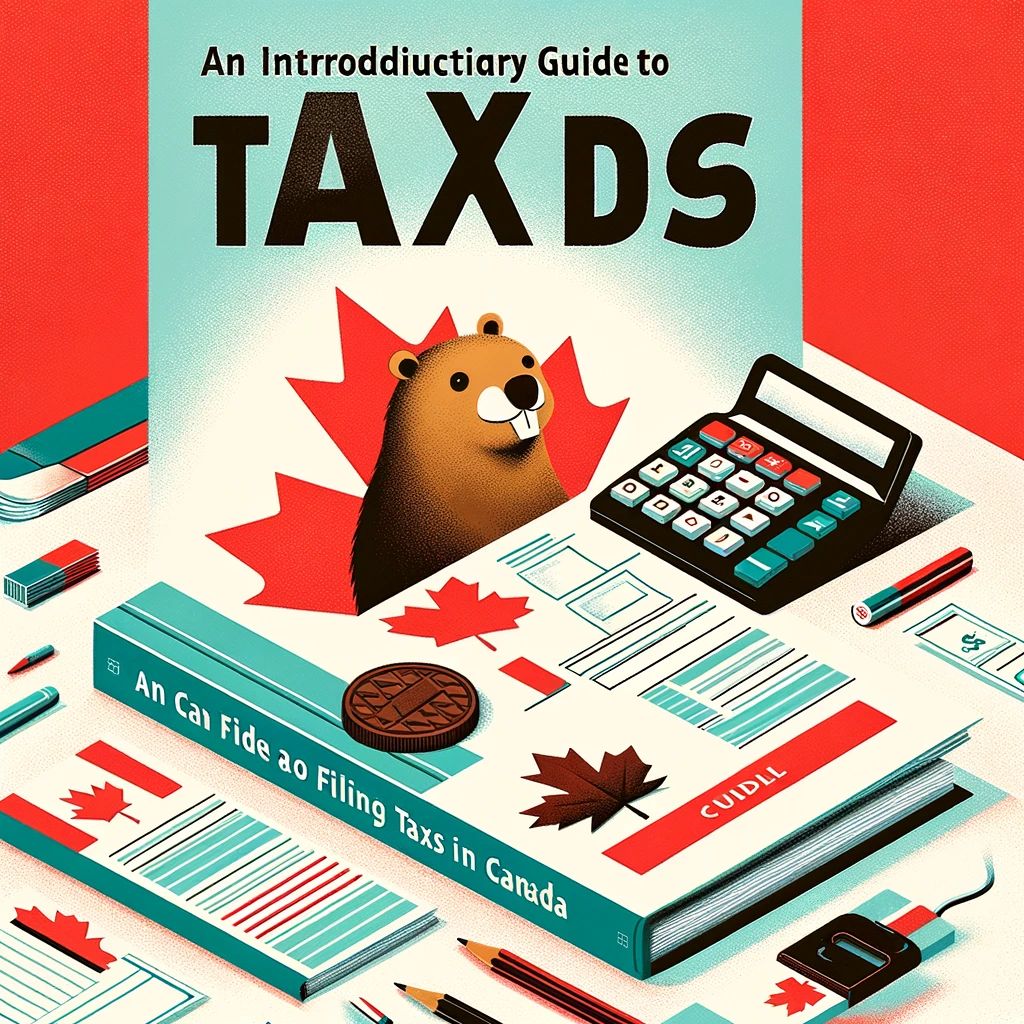The Financial Empowerment Initiative warmly invites you to join our 2024 Tax Clinic Volunteer Program. Located in both Edmonton and Calgary, we are in search of dedicated and diligent individuals eager to contribute their time and effort through in-person volunteering with our team.
Benefits of volunteering at theFei.ca tax clinic
Skill Development: Volunteers can gain or enhance valuable skills in tax preparation, financial advising, and customer service.
Community Service: Volunteering at a tax clinic provides a meaningful way to give back to the community, especially by assisting those who might struggle with tax preparation due to financial constraints, language barriers, or lack of knowledge.
Networking Opportunities: Volunteering can connect individuals with professionals in finance, non-profit, and other relevant sectors, expanding their professional network.
Experience for Career Advancement: For those pursuing careers in finance, accounting, or related fields, volunteering at a tax clinic can provide practical experience and enhance their resume.
Personal Satisfaction: Helping others navigate the complexities of tax filing can be personally rewarding, knowing you are making a tangible difference in people’s lives.
Understanding of Tax Laws and Regulations: Volunteers can gain a deeper understanding of local and national tax laws and regulations, which can be beneficial for personal tax preparation and general financial literacy.
Getting Ready for Tax Season 2024
Preparing for the 2024 tax clinic in Canada involves specific steps to ensure a smooth and efficient experience for both volunteers and those seeking assistance. Here’s a guide tailored to the Canadian context:
Familiarize Yourself with the Tax Filing Deadline: Be aware of the Canada Revenue Agency (CRA) deadlines for the 2024 tax season to plan accordingly.
Understand Canadian Tax Laws: Update your knowledge about any changes in Canadian tax laws that might affect filings in 2024, including updates on federal and provincial tax rates, credits, and deductions.
Gather Necessary Documents: Collect all relevant documents like T4 slips (employment income), T5 slips (investment income), receipts for eligible expenses, tuition documents (T2202), and any other CRA tax forms relevant for deductions or credits.
Learn About Various Tax Credits and Deductions: Understand common tax credits like the Canada Child Benefit, GST/HST credit, and provincial credits. Also, familiarize yourself with deductions such as RRSP contributions, childcare expenses, and medical expenses.
Volunteer Training: If you’re volunteering, ensure you participate in any training programs provided by the tax clinic. This may include software training, customer service skills, and specific tax filing scenarios in Canada.
Use CRA-Approved Software: For electronic filing, use CRA-certified tax preparation software. This is essential for accuracy and compliance with Canadian tax filing standards.
Review CRA Resources: The CRA website offers comprehensive guides, tax tips, and updates. Regularly checking these resources can keep you informed about any changes or new information.
Prepare for Common Scenarios: Understand the tax implications of common situations like self-employment income, rental income, capital gains, and retirement income (e.g., CPP, OAS).
Brush Up on Digital Skills: Ensure you are comfortable with digital tools and platforms, as many tax clinics may use electronic filing systems and virtual communication tools, especially if any part of the clinic operates remotely.
Understand Provincial Specifics: Tax regulations can vary by province. Be aware of provincial-specific tax credits, deductions, and regulations.
Plan for Pandemic-Related Tax Implications: If relevant, stay informed about any tax implications related to COVID-19 benefits or relief measures.
Develop People Skills: If interacting directly with taxpayers, hone your communication and interpersonal skills to provide clear, empathetic guidance.
Be Ready for Questions: Prepare to answer common questions taxpayers might have, ranging from basic queries about filing statuses to more complex issues.
Consider Special Situations: Be aware of tax considerations for unique circumstances such as newcomers to Canada, students, or senior citizens.
Stay Organized: Keep track of all documents and information you handle, ensuring confidentiality and accuracy.
By following these steps, you can ensure that you are well-prepared for the 2024 tax clinic in Canada, whether you are a volunteer or a participant seeking assistance with your tax filings.
Register here: https://bttr.im/epqkm






